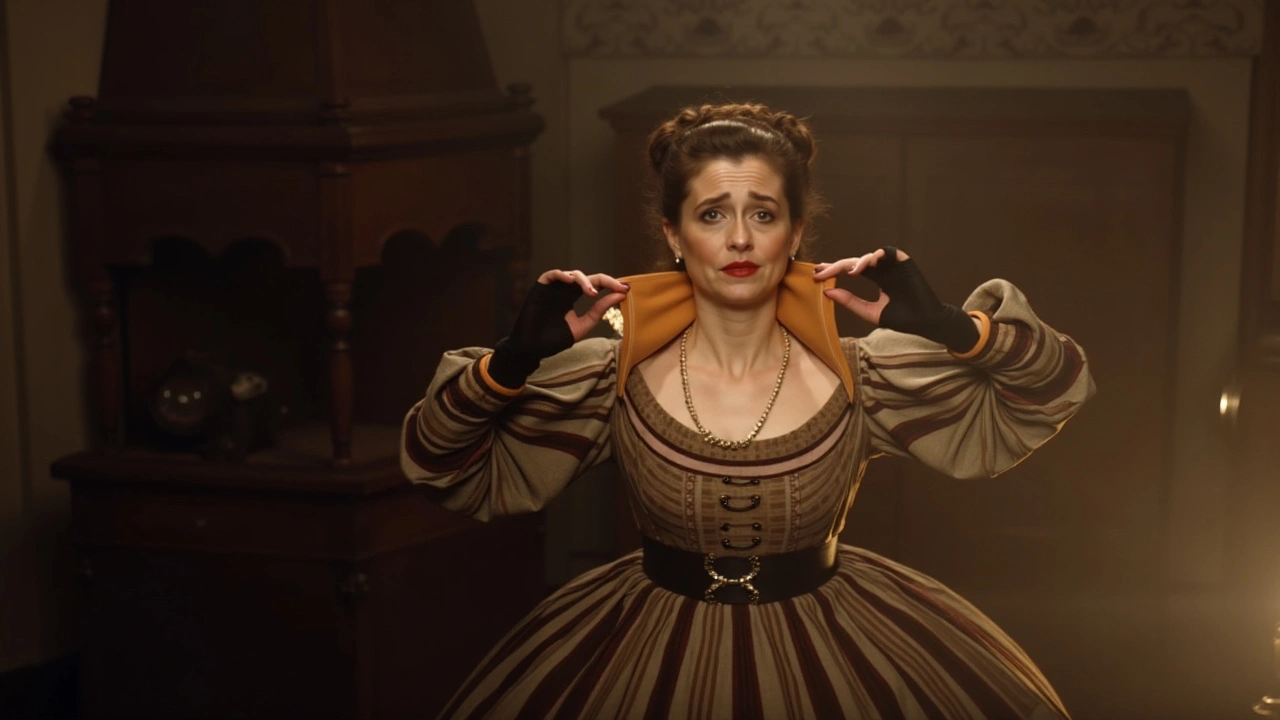Robert Eggers: Director, Style, and Upcoming Projects
Robert Eggers makes films that feel like time machines. He drops you into a different century and refuses to let modern shortcuts sneak in. If you like slow-burn tension, rough textures, and stories built from myths and history, his work sticks with you.
Eggers broke out with The Witch, a tight, unsettling film set in 1630s New England. It looks small on paper - a Puritan family, a lost child, strange happenings - but the mood and language make it unforgettable. The Lighthouse followed, a brutal two-hander that uses black-and-white cinematography and seafaring folklore to push two actors through paranoia and myth. With The Northman he stepped into a bigger, Viking-scale epic while staying true to physical, lived-in detail.
What makes Eggers different? He researches obsessively. Costumes, dialect, houses, tools - he treats each prop like a clue. Cinematography and sound work together to pull you into the era. He prefers practical effects and old-school tricks over CGI when possible. That choice keeps performances grounded and scenes feeling tactile. You'll notice long takes, stark lighting choices, and careful framing that echo older films but still feel fresh.
Eggers also plays with language. Dialogue often uses archaic phrasing or dialects that force you to listen closely. It's a risk, but it deepens the world-building and keeps the tension raw. He trusts actors to carry uncomfortable scenes without obvious explanation, letting mood and implication do the heavy lifting.
Who does he work with? Eggers builds reliable teams. Cinematographers, production designers, and costume makers who can recreate dusty, dangerous worlds are core to his films. He also likes casting actors known for intense work - performers who can hold long, difficult scenes and shift tone quickly.
If you're new to his films, start with The Witch for a compact introduction, then watch The Lighthouse to see his visual flair and actor-led tension. The Northman shows how he scales up without losing the roughness that defines him.
What's next? Eggers has talked about remaking Nosferatu and other period stories. Expect more projects that blend folklore, historical research, and physical filmmaking. He rarely chases box-office trends; his films aim to be experiences you remember, not just another streaming pick.
Want updates? Follow this tag to get news, reviews, interviews, and local screenings tied to Eggers' work. We'll flag casting news, release dates, and pieces that explain his films scene by scene so you get more out of each watch.
Critics often praise Eggers for making mood itself feel like a character. Many reviewers note his films split audiences: some love the slow build and historic feel, others find the pacing demanding. That split is part of his appeal - his movies aren't designed to placate everyone. Want the best first-time experience? Watch in a quiet room, no distractions, and keep the subtitles on if older speech bothers you. Catch his films in theaters when possible; the sound and image make a bigger impact on a good screen. We'll post screening dates and streaming windows here as they appear.
